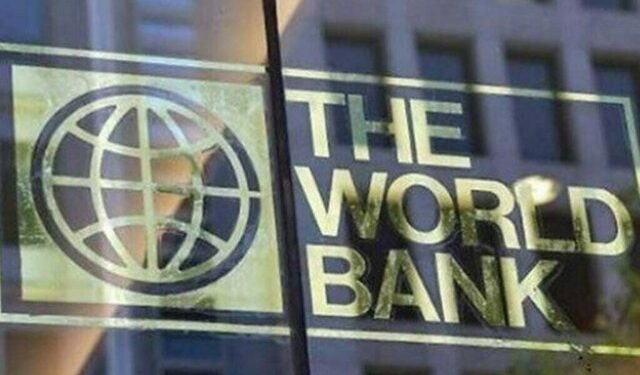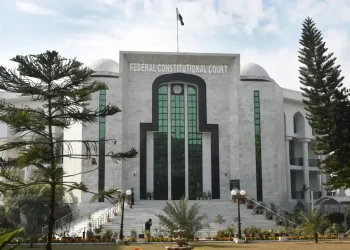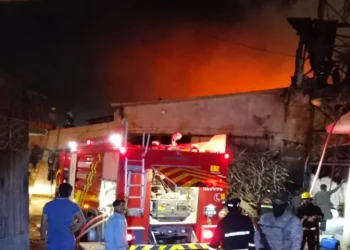KARACHI: The World Bank has approved $240 million to improve water and sewerage services in Karachi through the Second Karachi Water and Sewerage Services Improvement Project (KWSSIP-2). This project aims to provide clean water, sanitation, and hygiene (WASH) services in the city.
The project will also receive $240 million in co-financing from the Asian Infrastructure Investment Bank (AIIB). Additionally, the Government of Pakistan will contribute $250 million, and $269 million is expected to come from private sector and commercial financing.
According to the World Bank’s statement on Friday, this project is part of the Pakistan Urban WASH Services Programme. The programme plans to deliver safe water, sanitation, and hygiene services to 33.5 million people across Pakistan by 2035.
“Safely managed WASH services are the foundation of public health and quality of life and are central to addressing the stunting crisis in Pakistan,” said Najy Benhassine, World Bank Country Director for Pakistan.
“KWSSIP-2 will expand the scope of investments in bulk water augmentation, water treatment, wastewater treatment and reuse, water distribution, and sewer network rehabilitation. About half of all beneficiaries will be women, 58 percent will be youth (age 15–24), as well as over half a million people in Katchi Abadis (informal settlements).”
The project builds on KWSSIP-1 and will finance and expand on several investments to strengthen Karachi’s water supply, sewerage, sanitation, and treatment infrastructure throughout the city.
In addition, it will improve water and wastewater infrastructure and help expand safe drinking water and sanitation services in several Katchi Abadis (informal settlements), benefiting over half a million people.
According to global lender, the long-term benefits of the project include reduced cost of using alternative water sources reduced time spent collecting water, and health benefits from reducing waterborne diseases.
“KWSSIP-2 will also continue to address the gender gap in employment, representation, and leadership at the Karachi Water and Sewerage Corporation (KWSC) through gender-inclusive recruitment plans to hire more women in technical and decision-making positions,” said Khairy Al-Jamal, Task Team Leader for the project.
“It will support technical training for women, institutionalize an internship programme for women graduates and create pathways for them to find employment within the utility, and support promoting women employees to higher-grade positions.”
The World Bank stated that the project will provide safely managed water supply to nearly 16 million people and sanitation services to nearly 7.5 million people in Karachi by 2030. It will also improve the performance and financial sustainability of KWSC and promote private sector partnership in delivery of WASH services.
This project is the first phase of the World Bank’s Pakistan Urban WASH Services Programme that aims to reach 33.5 million people with safely managed WASH services by 2035.
Copyright media, 2024









 American Dollar Exchange Rate
American Dollar Exchange Rate